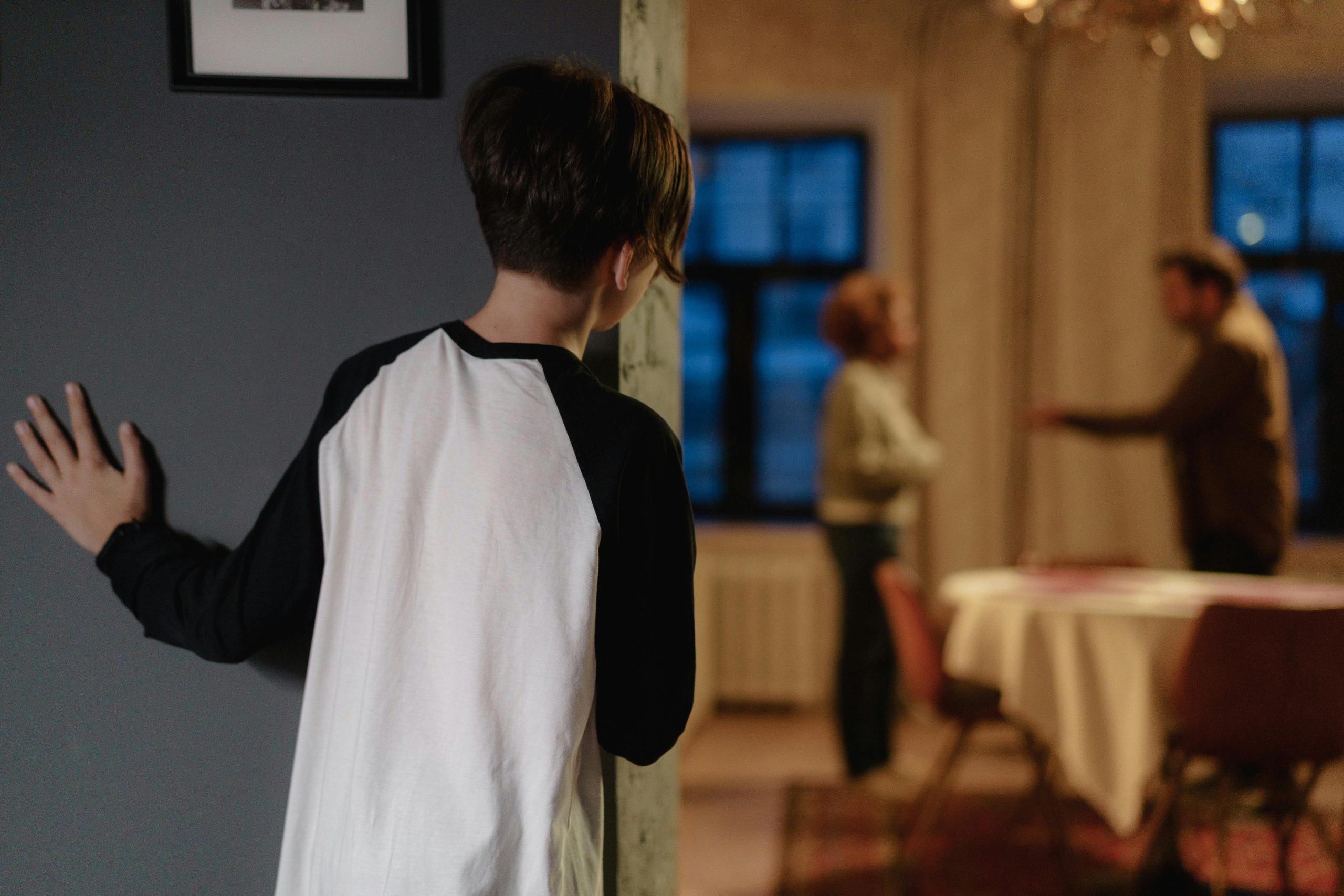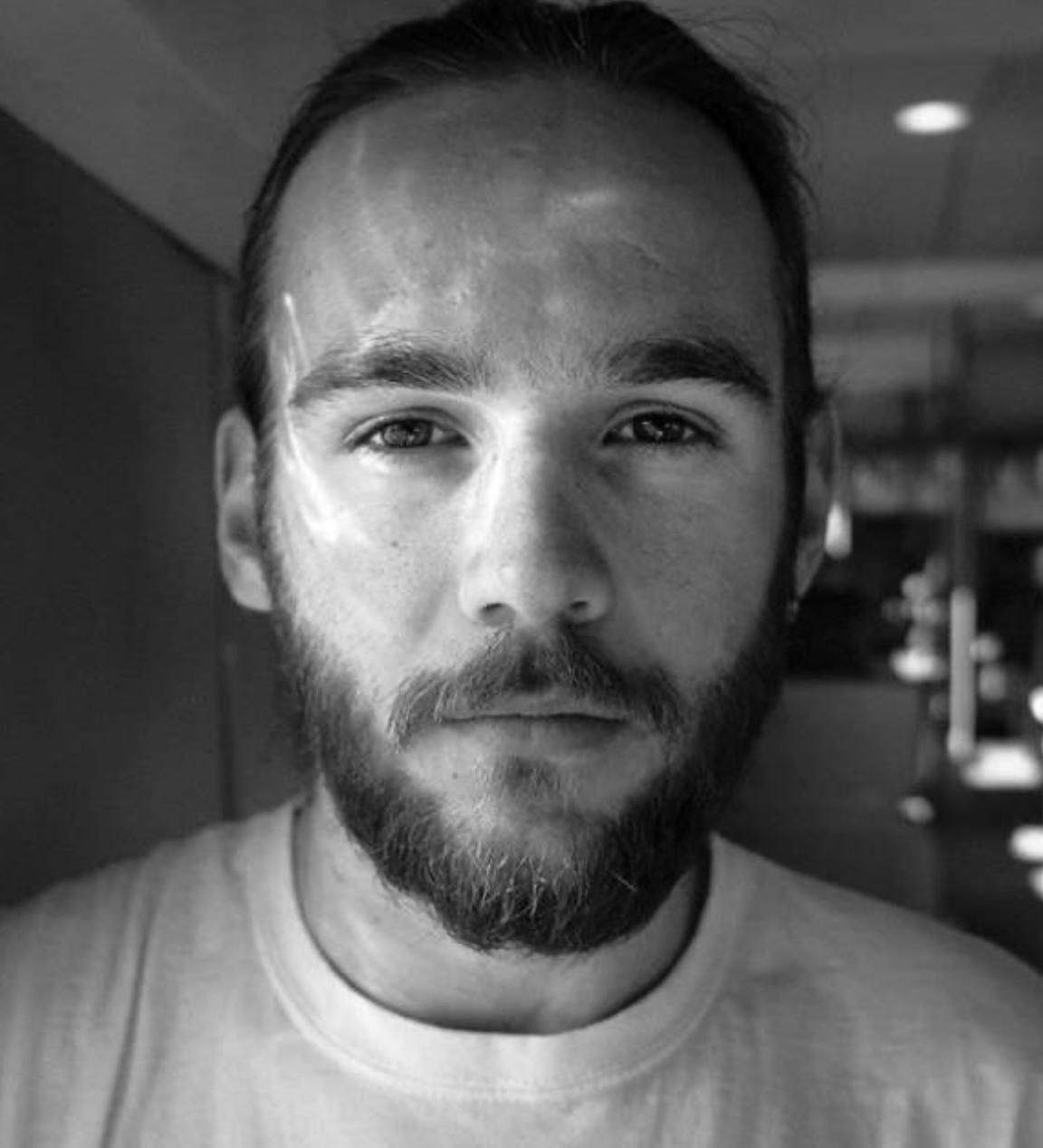
Photo by cottonbro/Pexels.com
A recent study reviewed by ParentEd shows that kids from Romania are becoming increasingly agitated due to the noise caused by adults around them. The situation worsens when children aged 8 to 12 spend five and a half hours a day glued to phones and tablets, while TVs stay on all day—even when no one’s watching.
In this tense and overexposed media environment, children are involuntarily subjected to chaotic soundscapes that harm their development. While parents stay glued to their phones or TVs, children struggle to learn, play, or sleep properly. Experts warn that children exposed to TV for two hours a day are six times more likely to speak later and with less accuracy.
In Romania, adults aged 35 to 55 tend to watch TV news with their families, according to another study. Dr. Daniel J. Siegel, a U.S.-based brain development expert, warns: “Experiences actually change the physical structure of the brain.”
Every hour in front of chaotic content, every televised political scandal affects children’s neurons. And they don’t stay unaffected—over 50% of parents surveyed said their children showed concern about political issues in the media. On top of the indoor noise—from TVs, political shows, and loud appliances—there’s outdoor noise pollution, too. Children are more vulnerable than adults because their brains are still developing and they have limited ability to filter information.
According to ParentEd’s analysis, excessive noise can negatively impact:
Learning: Reduced focus, memory, and test performance.
Play: Background TV interferes with attention on toys.
Sleep: Frequent waking, stress, and fatigue—often unnoticed.
Stress: Their bodies remain in a constant state of alert.
Children also have their own screen time. Kids aged 8–12 spend about 5.5 hours daily on devices. Usage has been rising since 2019, even before the COVID-19 pandemic, according to 2024 research.
For toddlers aged 12–24 months, just 2 hours of daily screen time increases the risk of speech delay sixfold. Specialists recommend turning off TVs when not in use, limiting screen time, and creating “quiet zones” at home.
Dr. Daniel Siegel also recommends the RAIN method to reduce anxiety: Recognize, Allow, Investigate, and Non-identify—for both children and adults.
